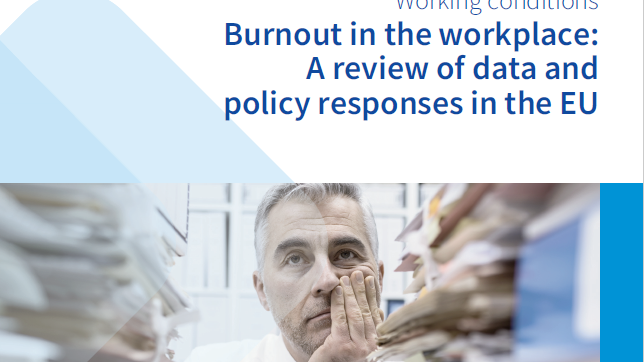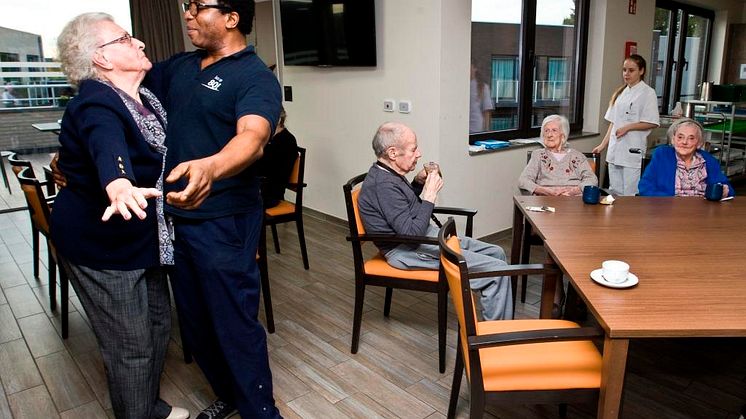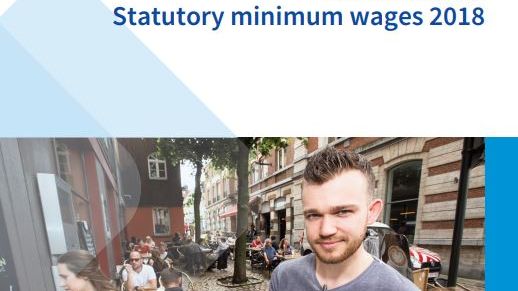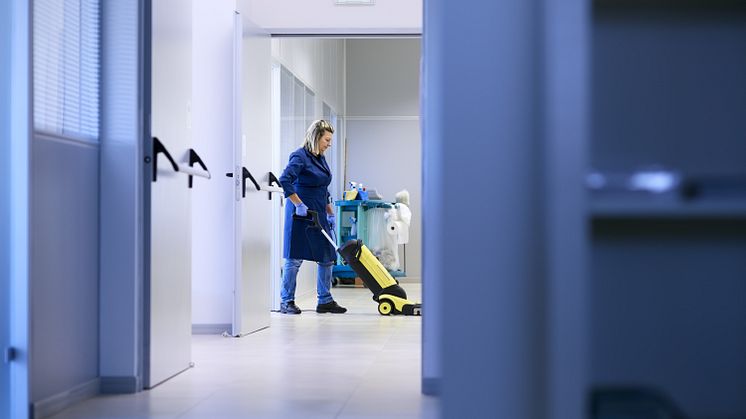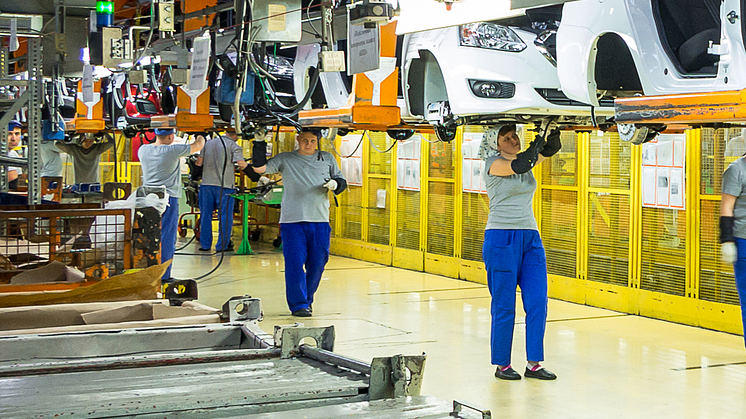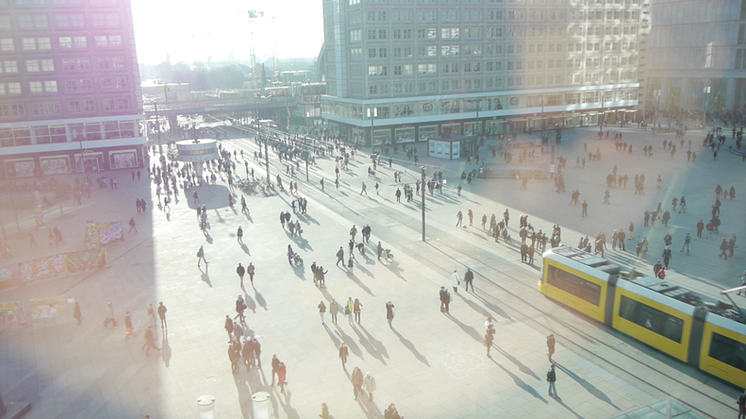Seniority entitlements: A policy of the past, or a fix for the future?
Seniority entitlements have largely been on the decline since the 1990s, and have been gradually phased-out from legislation in Europe, as well as in collective agreements. However, it would be premature to dismiss seniority-based entitlements as a thing of the past, as they remain in force across Europe, even if the more expansive term of ‘relevant experience’ is preferred.











